Description
This analysis, conducted within the BiSEA project, defines stakeholders as users, beneficiaries, and actors who have a “stake” in the Eastern African bioeconomy. The BiSEA project contacted a total of 152 stakeholders, including public or government agencies (37%), private sector actors (25%), civil society organizations and NGOs (18%), research institutions and academia (11%), media organizations (4%), funding agencies (3%), and incubators or accelerators (3%). These organizations were distributed across the various countries as follows: Uganda (45%), Kenya (22%), Tanzania (11%), Rwanda (10%), Ethiopia (5%), Burundi (5%), and South Sudan (2%).
The goal of the stakeholder analysis was to identify and categorize all relevant actors and beneficiaries based on their interests and ability to influence decisions. Understanding the power and interests of stakeholders is crucial for assessing how their influence can be leveraged and how their interests can be addressed within the bioeconomy strategy. The analysis involved reviewing existing information from secondary sources on projects or initiatives within the bioeconomy space at national and regional levels. Additionally, consultative workshops were organized with BiSEA partners in various countries from June to September 2020.

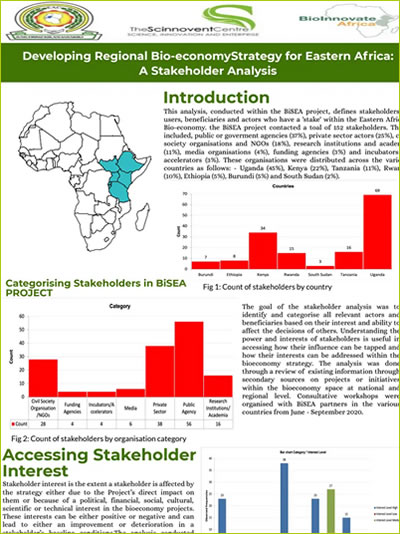

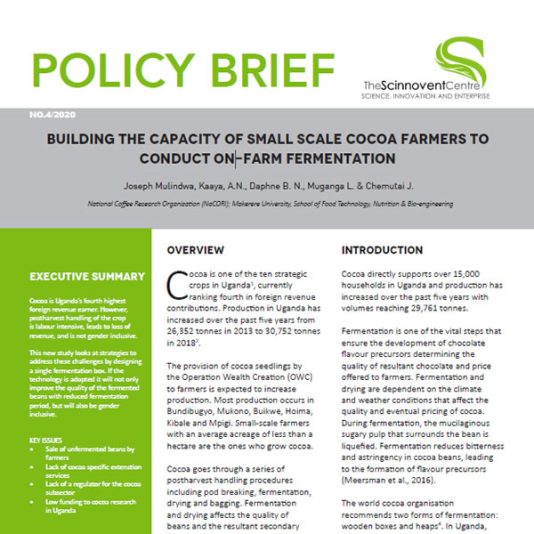
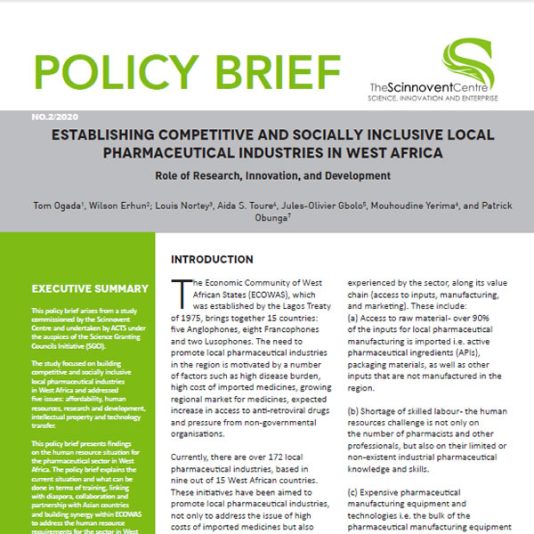
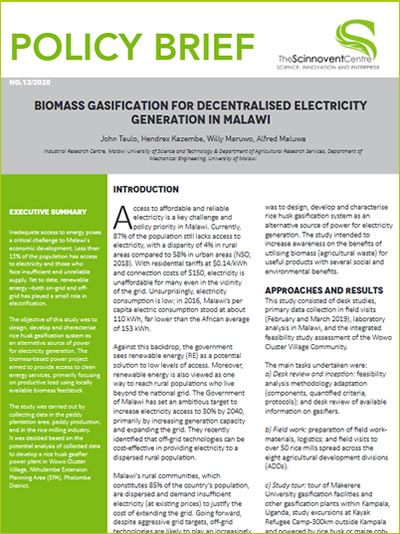
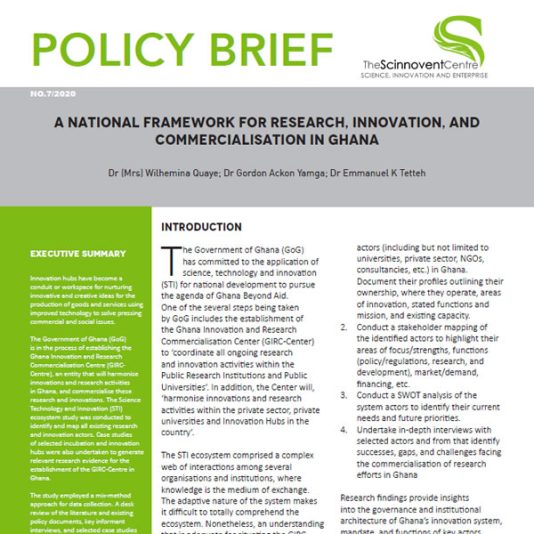
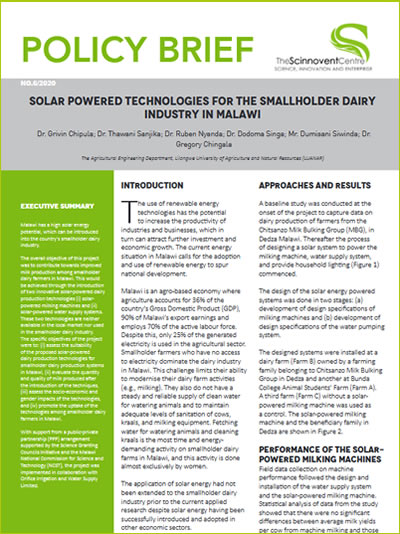
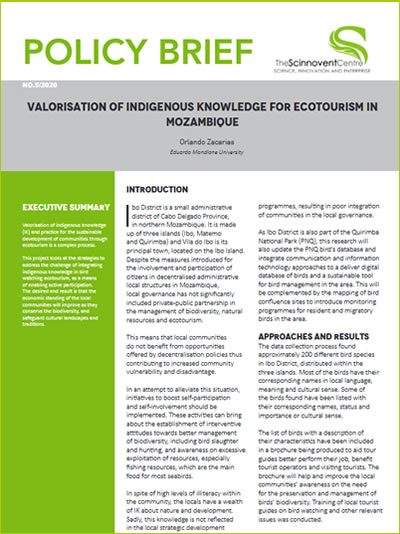
Reviews
There are no reviews yet.